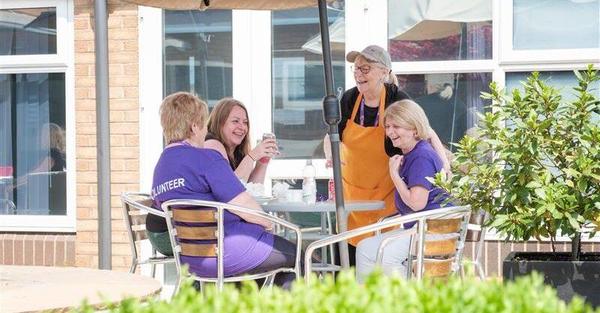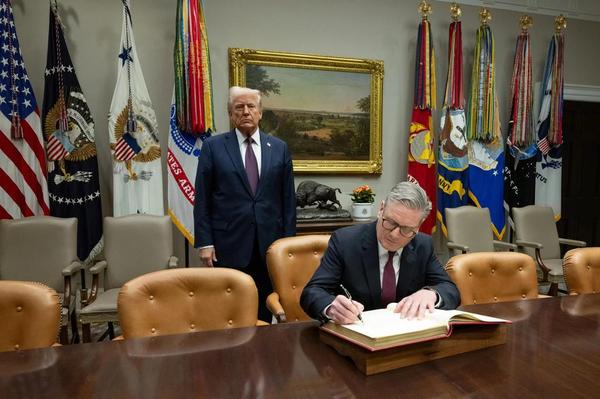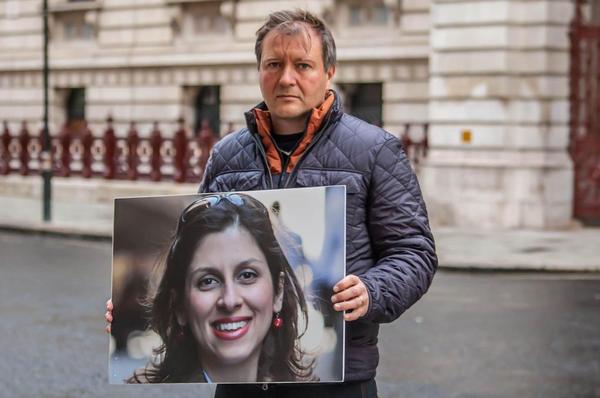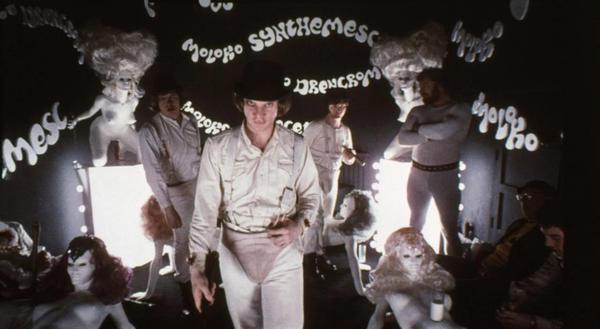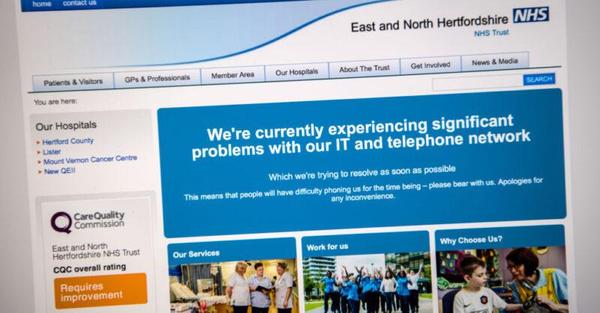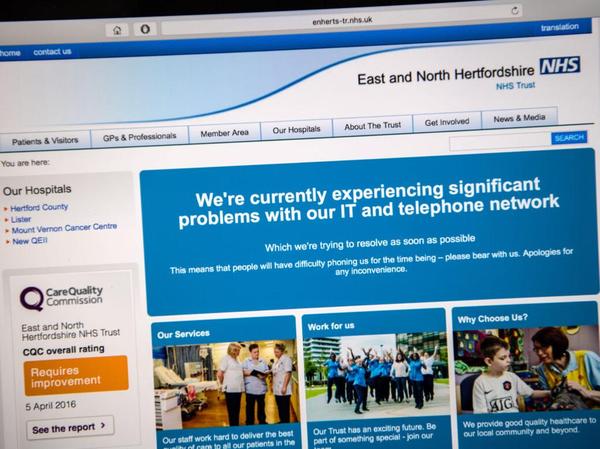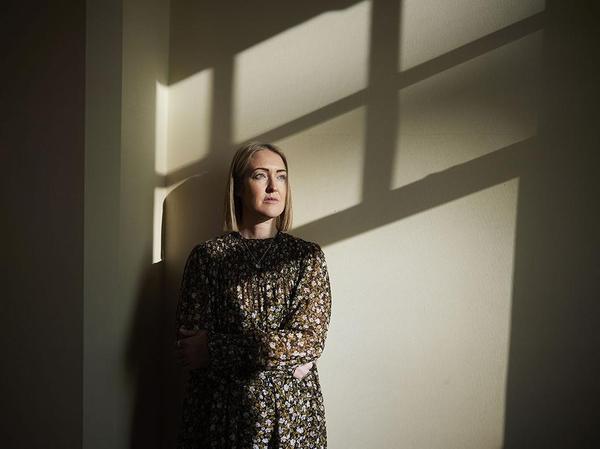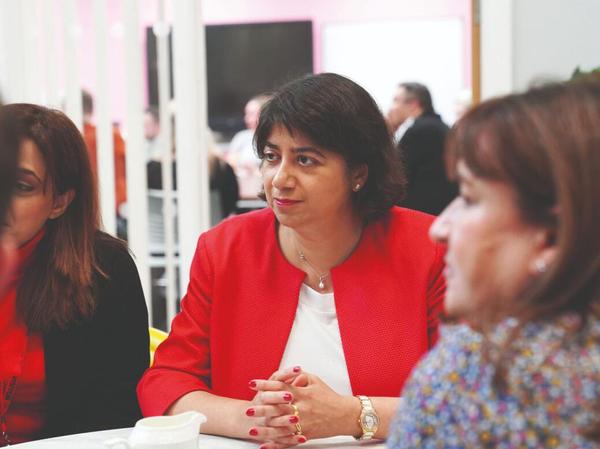
How to prepare a policy for menopause support - Raconteur
The employment rights bill is expected to become law by the end of this year, and will usher in a raft of changes to improve working conditions. Tackling gender inequality is a key tenet – businesses of 250 employees or more will be required to publish ‘equality action plans’, first voluntarily from April 2026, then mandatorily from 2027.
Alongside demonstrating how the business aims to reduce its gender pay gap, equality action plans must include support for menopausal employees. A majority...
Alongside demonstrating how the business aims to reduce its gender pay gap, equality action plans must include support for menopausal employees. A majority...

